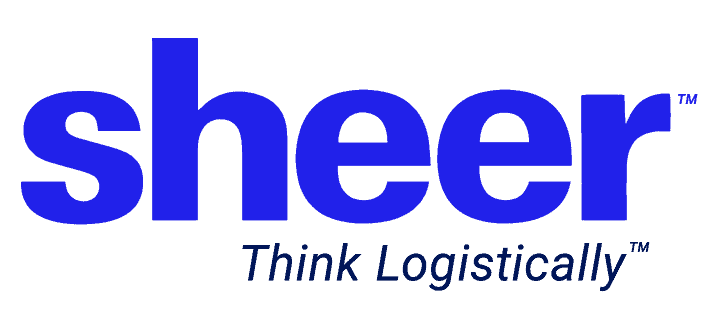To Be an Industry Leader, You Must Also Be a Technology Leader
These days, it seems like the success of a business is predicated on its ability to manage change. 2020 taught us lessons in flexibility and resilience as companies grappled with fragile supply chains, spotty information, and changing customer needs.
The critical ingredient to modern success is technology. Without the ability to change gears and work remotely, the pandemic would have been more severe as businesses struggled to stay open, or they would have just shut down completely until it was safe to go back outside. 2020 underlined the benefits that technology provides, such as the ability to adapt at a moment’s notice and the power to move products faster and cheaper. Technology is the cornerstone of logistics today and will be well into the future—it’s the key to recovering from the challenges of yesterday and building for the future.
This blog will take a look at the major technology trends in transportation and logistics and how embracing this technology will give your business an advantage.
TMS Systems
A fully implemented transportation management system (TMS) is a game-changing advantage for any business that relies on shipping. What may have started as a collection of spreadsheets is now a seamlessly integrated, fully managed process that gets your shipments where they need to go quickly and accurately. How else will a TMS help?
- Better customer experiences – Better visibility and real-time updates mean you always have an answer when a customer asks where their shipment is. A TMS system is your key to being the supplier that always has their shipments delivered on time without excessive damage or inaccuracies, exactly as promised. This is service that speaks to your customers on an advanced level.
- Better freight management – Simplified shipping means each individual shipment arrives at a single door, but a TMS system makes shipment consolidation, cross-docking, and intermodal shipping possible.
- Better shipment routing – Optimized shipping means planning a path around obstacles such as weather, expensive shipping routes, or canals that are blocked by a wayward cargo ship. Your TMS is the key to getting your shipments where they need to go, so they arrive exactly when they are needed.
Blockchain Technology
Transparency and accountability are important to managing and tracking assets along the supply chain, and advanced, tool-assisted technology will automate and manage all documents involved in the logistics process. Blockchain technology will be key to identifying fraud, inefficiencies, bottlenecks, and errors leading to increased efficiency.
Big Data—Machine Learning
Shipments and deliveries generate data, and while it’s too easy to consider what’s done is done, this data contains insights that can be used to guide future decision-making. Data analytics optimizes routing, streamlines factory functions, and brings transparency to the entire supply chain for the benefit of both logistics and shipping companies alike. The data from daily operations can be used to better forecast demands, optimize routes and fuel consumption, and reduce turnaround times to increase reliability and cost effectiveness.
Sustainable Energy
In the coming years, sustainability will grow into a crucial factor not just in the transportation and logistics sector but in all industries across the globe. This means more of a reliance on cleaner, eco-friendly transportation like electric vehicles, but it also means being smarter about how products get where they need to go. Load and route optimization couples with maximizing and enhancing physical logistics processes at warehouses and logistics centers to lower the impact these activities have on the environment.
Robots
Fulfillment centers rely on people to pick, pack, and ship orders. The future of logistics doesn’t mean replacing these employees with robots—it means integrating robotics in a way that supports their daily activities.
Better Technology Means Higher Shipping Agility, Speed, and Accuracy
The final key to implementing these new technologies is to find a 3PL partner that can assess your shipping and logistics deficiencies and apply the right technology to make your supply chain consistent and agile. Logistics optimization isn’t solely an internal concern anymore. Businesses of all sizes and types have turned to a third-party logistics expert like Sheer Logistics to manage their processes and transform what was previously a weakness into an asset.




